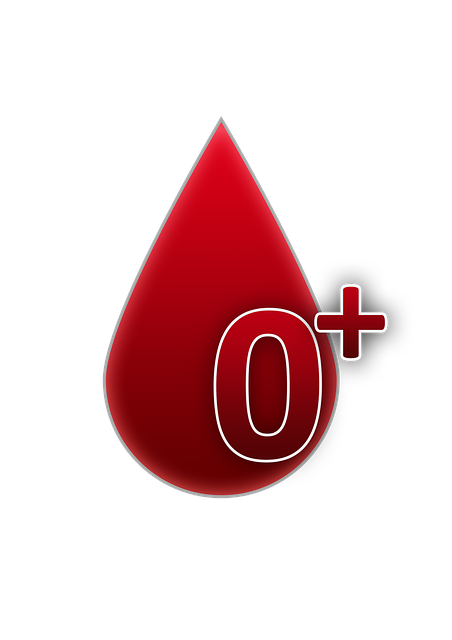The UK Standard Liver Blood Test is a crucial screening tool for Vitamin D levels, vital for bone health, immune function, muscle operation, and mental well-being. Measuring 25-hydroxyvitamin D (25(OH)D), the test identifies deficiencies that can lead to bone diseases, muscle weakness, and compromised immunity. Results should be interpreted by healthcare professionals to maintain optimal Vitamin D levels (75-125 nmol/L), with regular testing recommended especially during winter, enabling proactive measures for overall wellness.
“Discover the power of vitamin D, an essential nutrient for overall wellness, as explored through the lens of the UK Standard Liver Blood Test. This comprehensive guide delves into how this simple test reveals your body’s vitamin D levels, crucial for bone health and immune function. By understanding the role of vitamin D and interpreting test results, you can make informed decisions to maintain optimal health. Let’s explore the significance of this test in promoting vibrant well-being.”
- Understanding Vitamin D and Its Role in Wellness
- The UK Standard Liver Blood Test for Vitamin D Levels
- Interpreting Results and Maintaining Optimal Health
Understanding Vitamin D and Its Role in Wellness
Vitamin D, often referred to as the ‘sunshine vitamin’, is a crucial nutrient essential for maintaining overall health and wellness. It plays a significant role in various bodily functions, including bone health, immune system support, muscle function, and even mental well-being. This fat-soluble vitamin is naturally produced by our bodies when skin is exposed to sunlight, hence its nickname. However, many factors, such as age, lifestyle, and geographical location, can impact our body’s ability to synthesize Vitamin D effectively.
In the UK, a standard liver blood test often includes measurements of Vitamin D levels. This test is valuable for assessing one’s nutritional status and identifying potential deficiencies. Given its wide-ranging effects on health, maintaining optimal Vitamin D levels is essential. Individuals with low Vitamin D levels may be at risk for various health issues, including bone diseases, muscle weakness, and a compromised immune system. Therefore, regular testing and appropriate supplementation, if needed, can contribute to overall wellness and prevent potential health complications.
The UK Standard Liver Blood Test for Vitamin D Levels
In the UK, a standard liver blood test is often used as a screening tool to check vitamin D levels. This test provides valuable insights into an individual’s overall health and nutritional status. The UK Standard Liver Blood Test typically measures 25-hydroxyvitamin D (25(OH)D), which is the most common marker for assessing vitamin D sufficiency. It’s important because vitamin D plays a crucial role in maintaining strong bones, supporting immune function, and regulating mood.
The test involves taking a small sample of blood, usually from a vein in the arm, and measuring the concentration of 25(OH)D. Results are then interpreted to determine if an individual has sufficient, inadequate, or excessive vitamin D levels. This simple procedure allows healthcare professionals to identify potential deficiencies early on, ensuring individuals can take appropriate measures to maintain optimal health.
Interpreting Results and Maintaining Optimal Health
Interpreting Results and Maintaining Optimal Health
After receiving your UK Standard Liver Blood Test results, understanding what they mean is crucial for maintaining optimal health. Vitamin D levels are typically measured in nanomoles per litre (nmol/L). The ideal range varies slightly depending on age and other factors, but generally, levels between 75 and 125 nmol/L are considered sufficient for overall wellness. If your results fall outside this range, it’s important to discuss the findings with a healthcare professional. They can help determine if you need a vitamin D supplement or lifestyle changes to reach and maintain healthy levels.
Regular testing is key to managing vitamin D health. Many people in the UK have low vitamin D levels due to limited sun exposure, particularly during winter months. By incorporating regular blood tests into your routine, you can stay on top of your vitamin D status and make any necessary adjustments. This proactive approach ensures you’re supporting your overall health and well-being.
Vitamin D, often referred to as the ‘sunshine vitamin’, plays a crucial role in overall wellness. The UK Standard Liver Blood Test provides an accurate way to measure your Vitamin D levels, helping you maintain optimal health. By understanding the results of this test, you can take informed steps to ensure adequate Vitamin D levels, supporting bone health and potentially reducing the risk of various conditions. Regular testing is a simple yet powerful tool for navigating towards better overall wellness.
